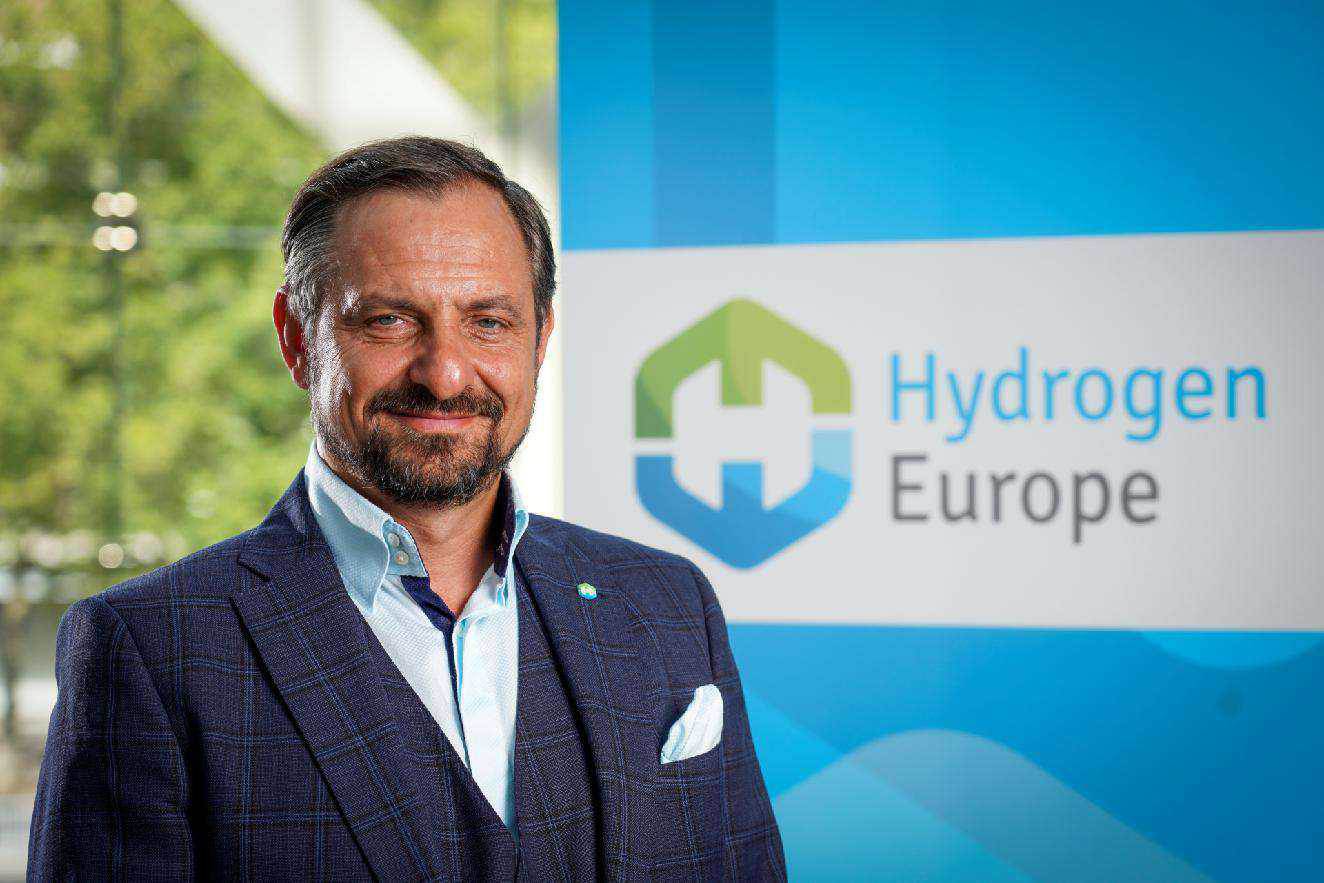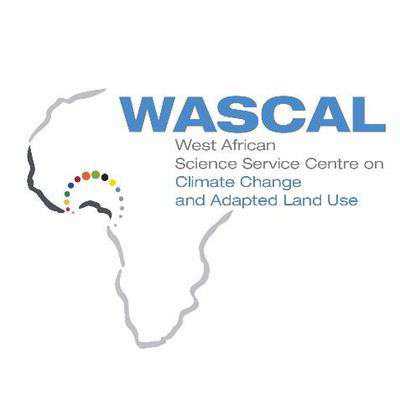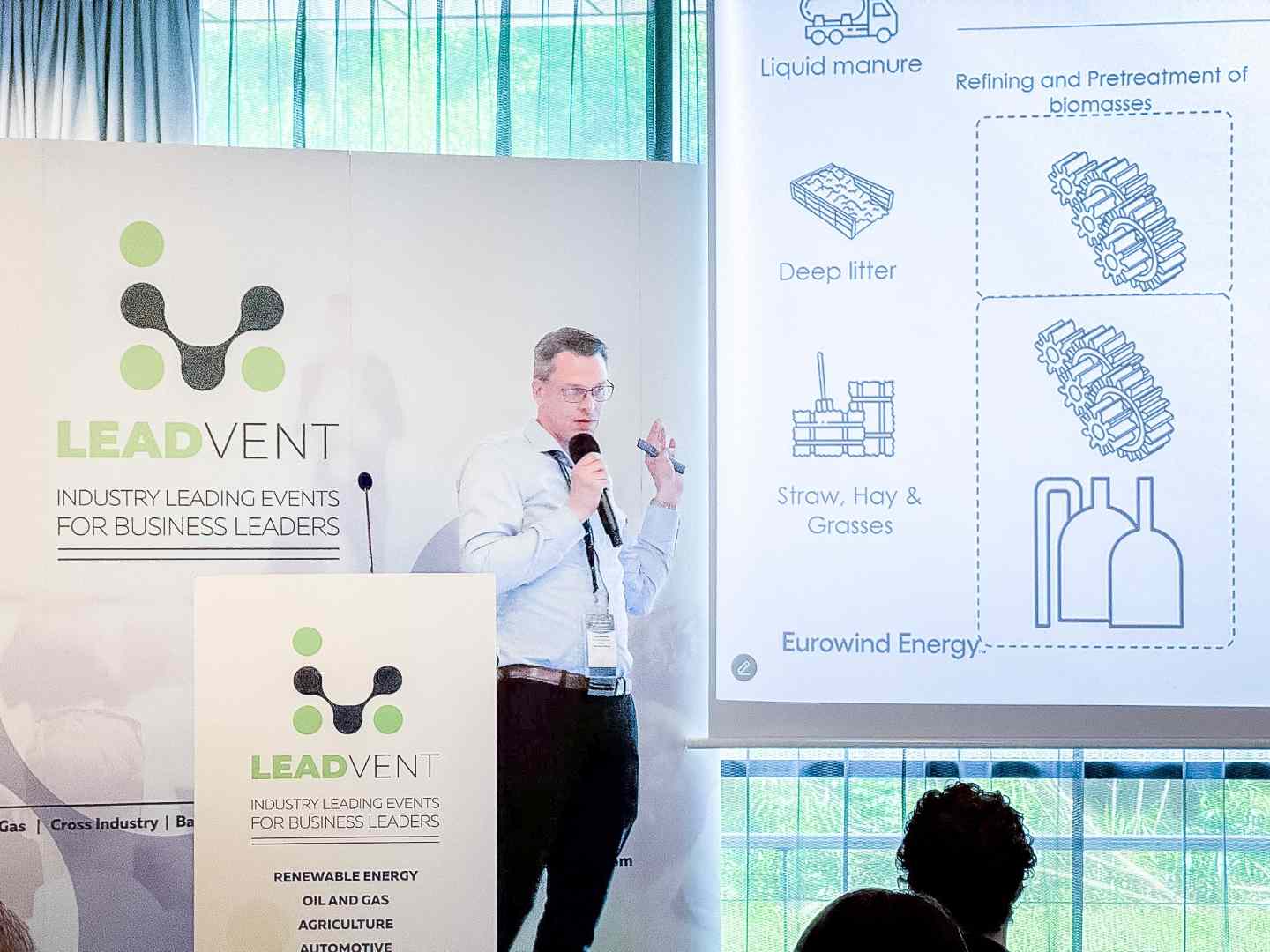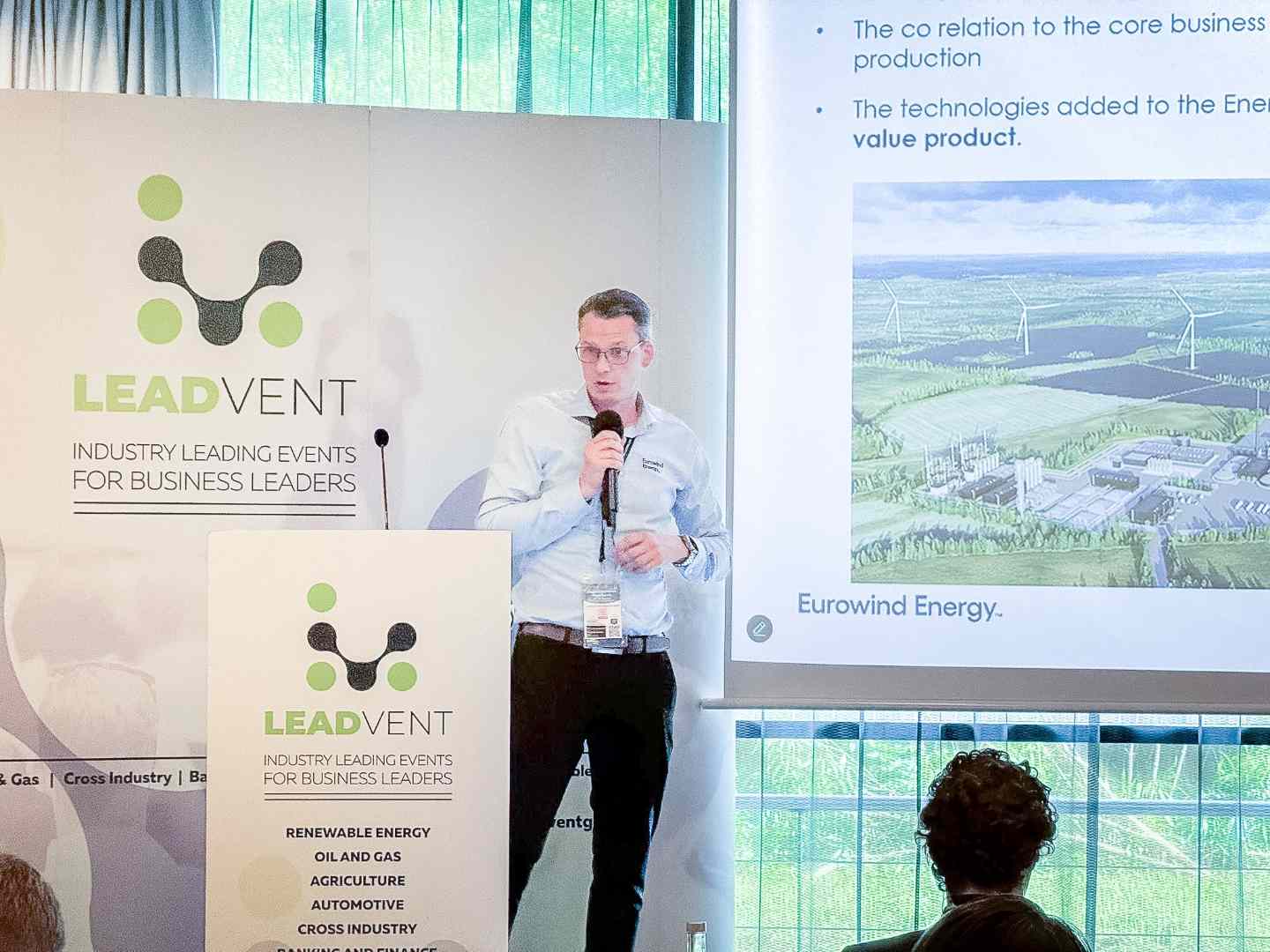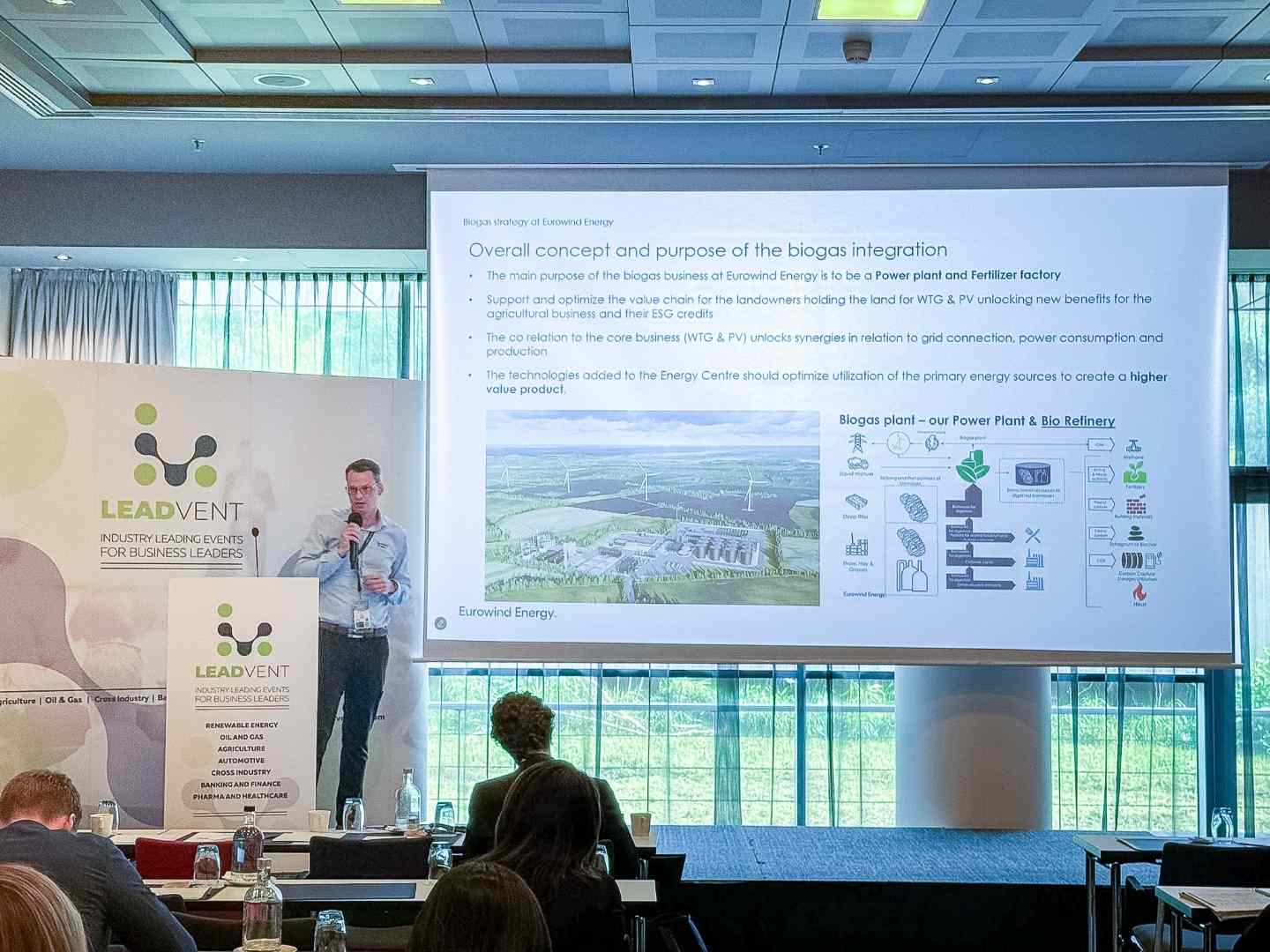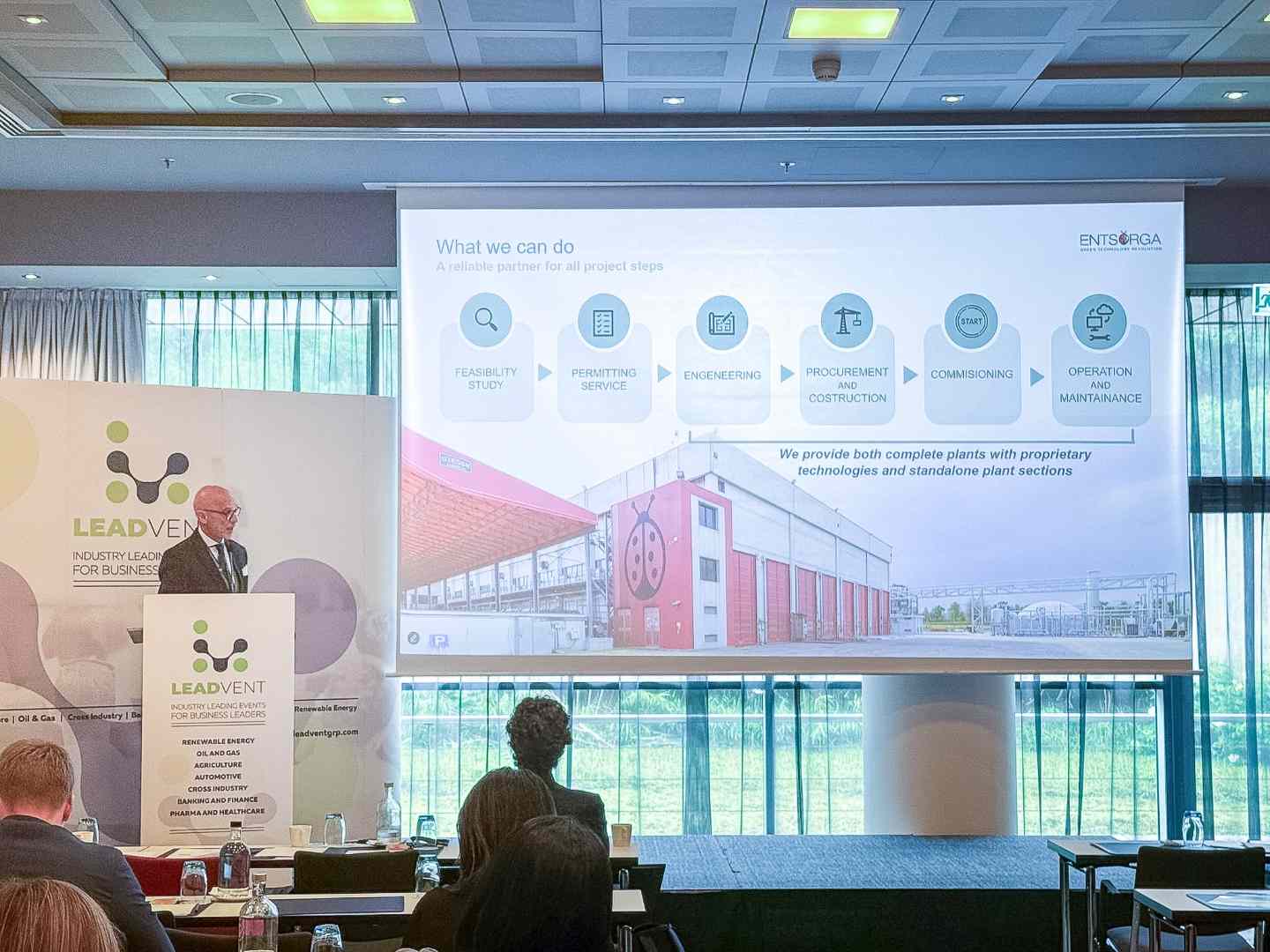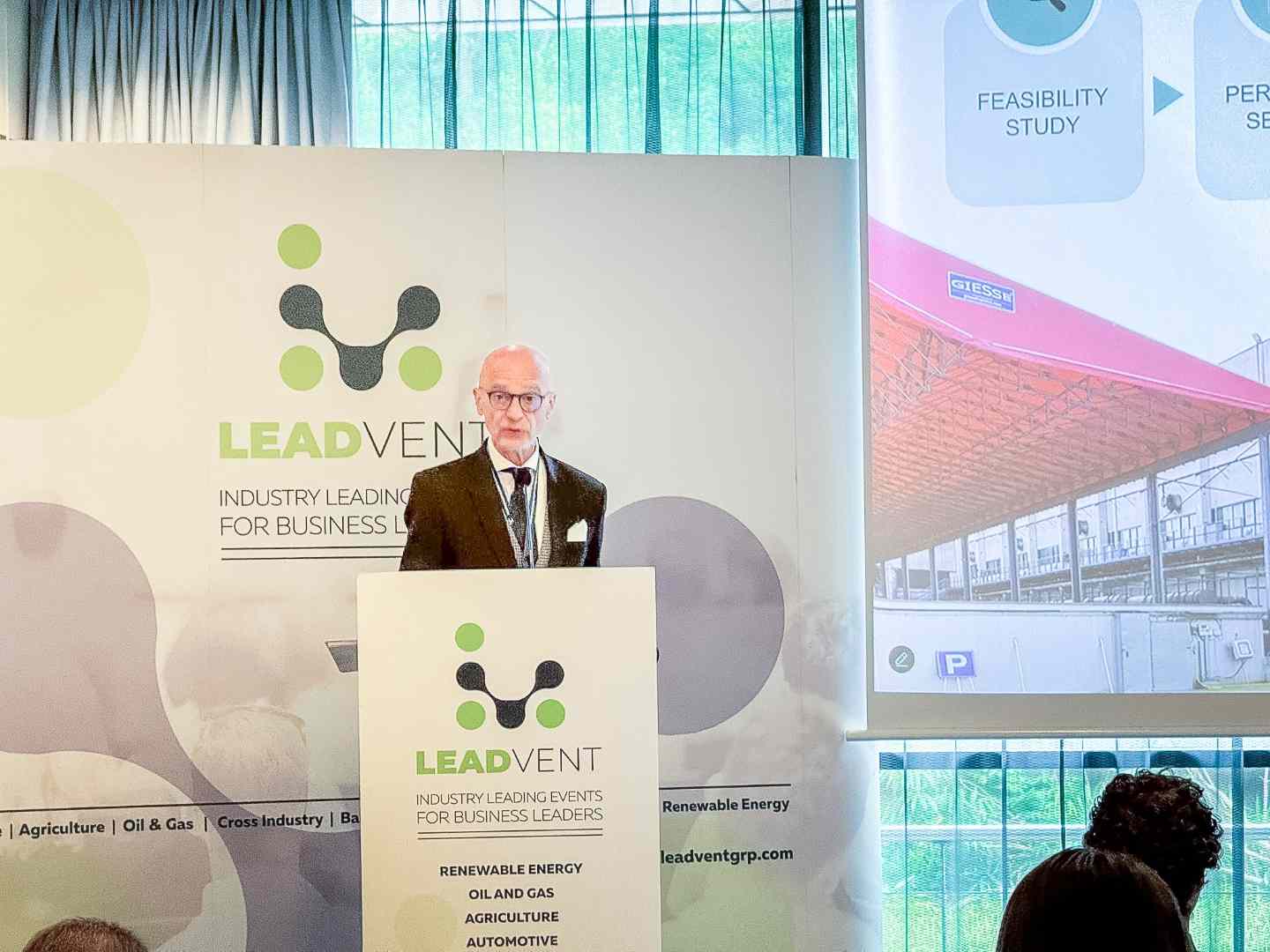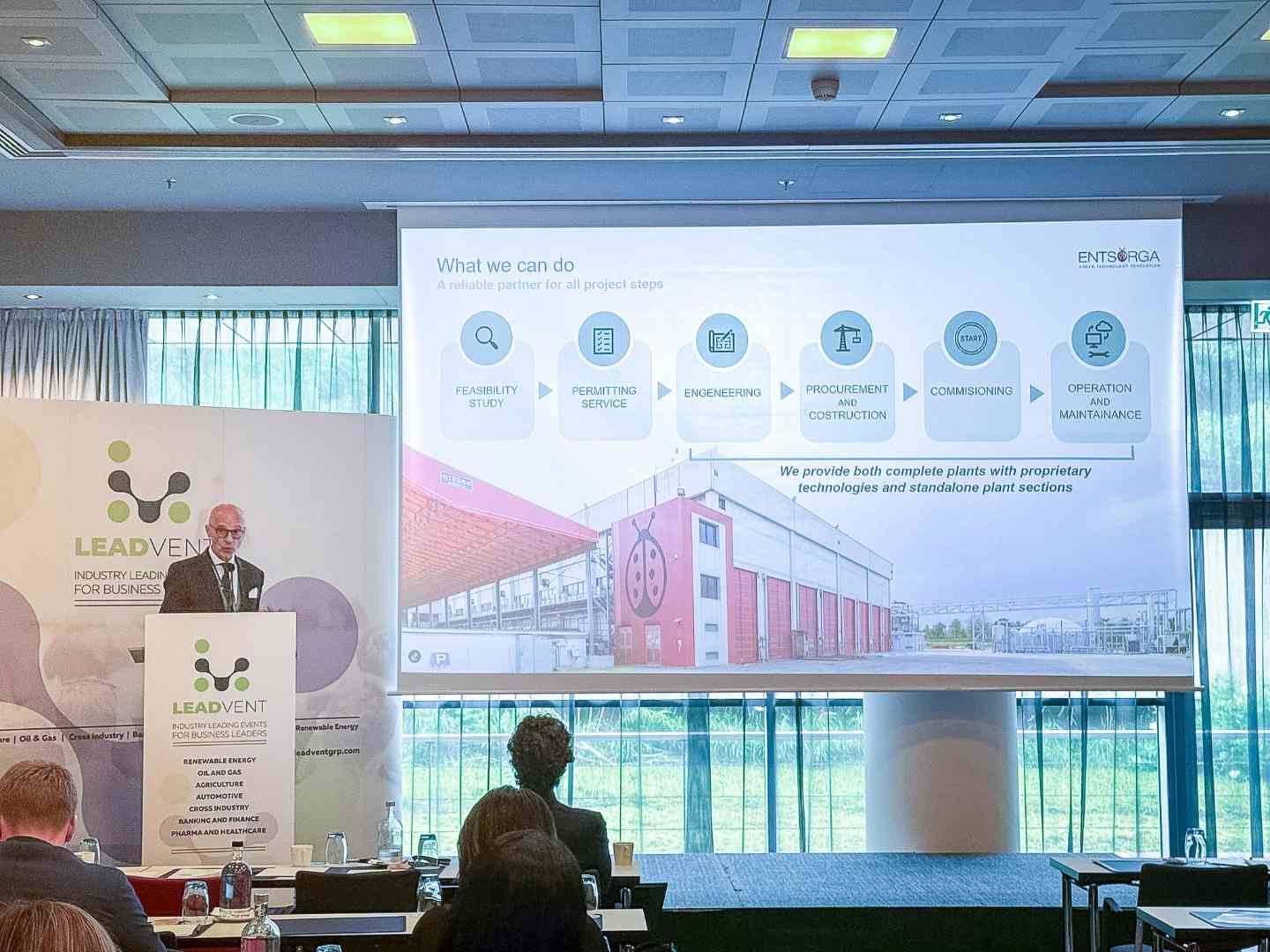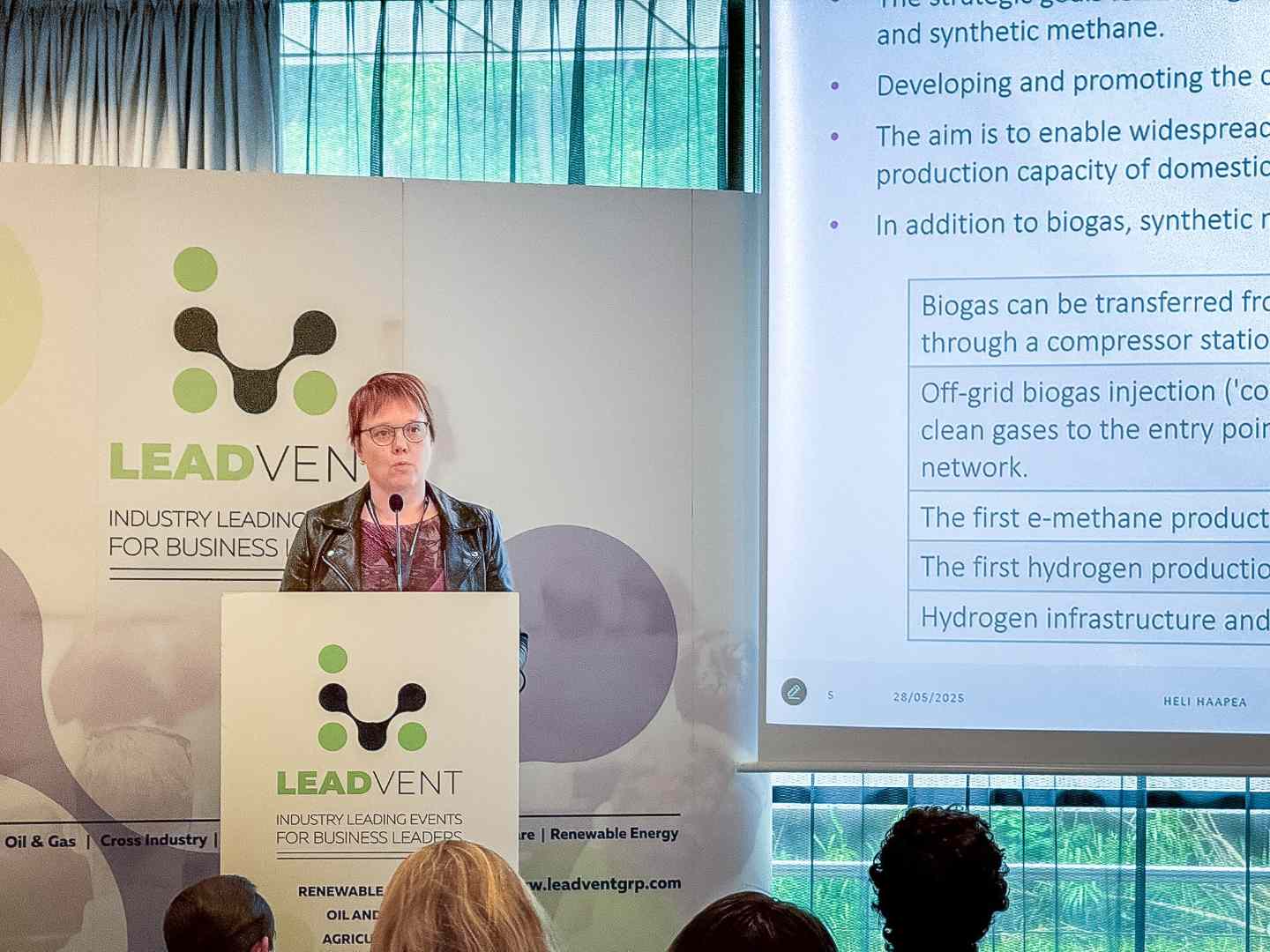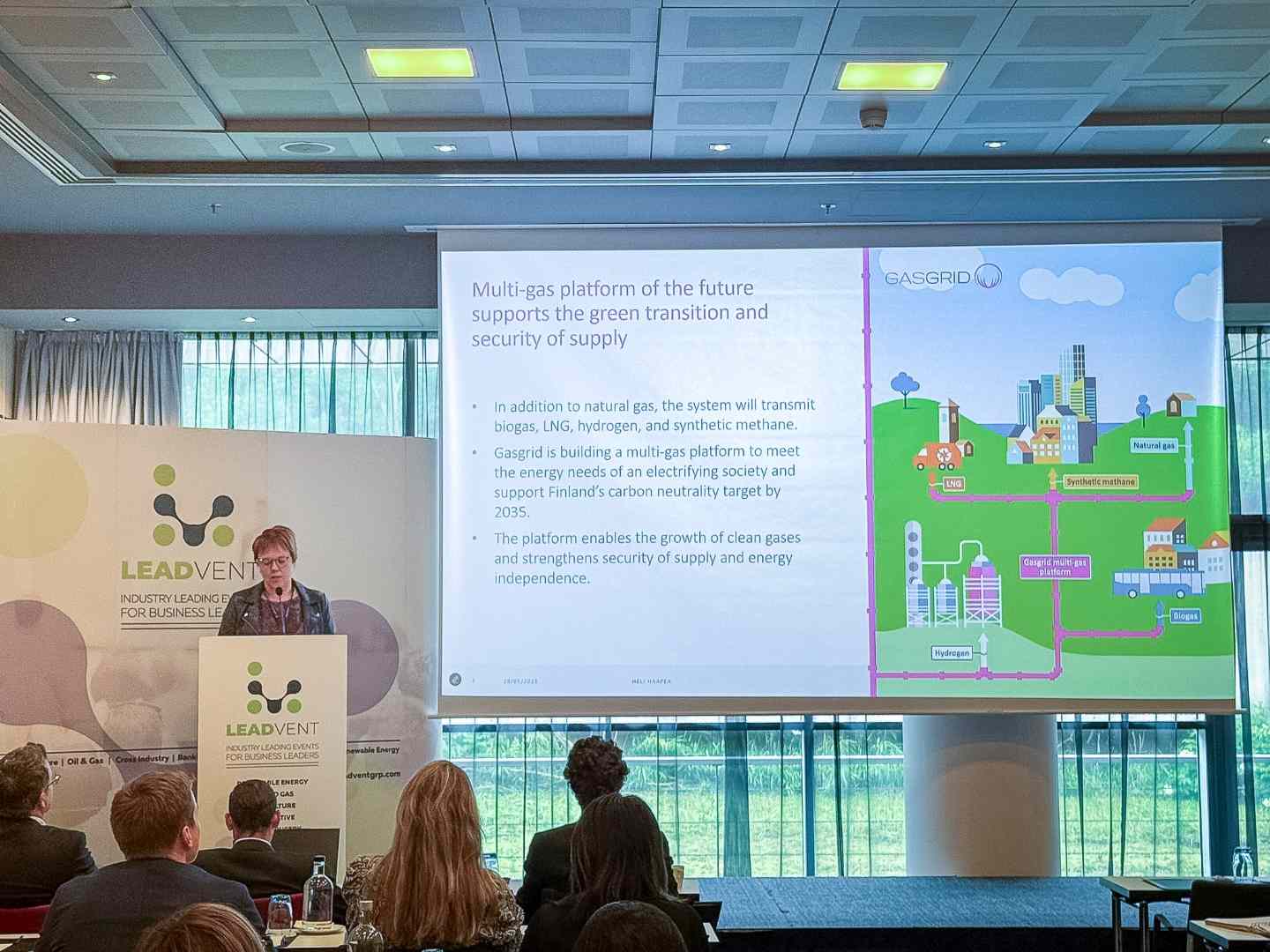Our Speakers
Become A Speaker
About The Event (#hydrogenafrica)
Africa’s pursuit of clean energy solutions in the transition to a low-carbon future, as well as continent-wide targets to address energy poverty, accelerate economic growth, and ensure a consistent energy supply for years to come, have created fundamental opportunities for green hydrogen developments. There are over 600 million people in Africa without access to electricity, and only 17% of the population in sub-Saharan Africa has access to clean cooking. Yet, the continent holds sizeable renewable energy resources that could address these issues. By leveraging these resources in the production of green hydrogen, Africa could significantly enhance energy access, security, and supply.
Africa has seen vast amounts of progress in green hydrogen developments across the region with countries such as South Africa, Niger, Mali and Namibia redirecting its focus on the utilisation of renewable energies through green hydrogen.. Technological and economic advances and explicit political and corporate support over the last two years have brought green hydrogen to the forefront of the energy and climate change agendas of many countries. Thus, green hydrogen is poised to play a crucial role in realising net zero-emissions energy systems envisioned by 2050 by these nations. Green hydrogen is rapidly becoming the most suitable resource to expand energy access and drive socioeconomic growth in Africa, while significantly reducing greenhouse gas emissions.
Supplying hydrogen to industrial users is now a major business around the world. Demand for hydrogen, which has grown more than threefold since 1975, continues to rise – almost entirely supplied from fossil fuels, with 6% of global natural gas and 2% of global coal going to hydrogen production.
With revenues for green hydrogen projected to exceed $200 billion by 2027, diverse opportunities will open up not only for renewable projects for its production, but also to use it as a long-term energy storage technology, to replace fossil fuels for mobility, and to become a major part of manufacturing and process industries. The transition to green hydrogen could provide $11 trillion of infrastructure investment opportunities over the next 30 years making a global business focus. The number of countries with polices that directly support investment in hydrogen technologies is increasing, along with the number of sectors they target
Read more35+
Speakers
150+
Attendees
10+
Sponsors
Event Inclusions

Case Study Presentations
Giving practical and actionable insights.

Strategic Panel Discussions
Discuss and debate strategies with your peers and most knowledgeable experts

Content Focused Roundtables
That will provide you with an opportunity for you to not only further engage with key topics but also network with the...

Key Industry Insight
Attend cutting-edge conference sessions, obtain access to unique expertise and take away new solutions to your day-to-da...

LEAD GENERATION
Establish connections with senior-level representatives from developers, investors & financiers

BUSINESS OPPORTUNITIES
Learn about upcoming projects and strategic opportunities
Event Highlight
Content Highlights Include

Green Hydrogen Supply Chain, Storage, and Infrastructure

Policy & Regulations

Bankability of Green Hydrogen

Offshore Green Hydrogen Production

Technology Innovations & Business Models to Deploy Green Hydrogen Projects

Co-Locating Electrolysis With Solar & Wind Projects

Green Hydrogen Leaders in the Africa's: Policies, Projects & Investments

Commercial Opportunities in Decarbonising Hard to Abate Sectors

Accelerating New Breakthrough Technologies & Lowering Costs
Event Details
About the event
Green hydrogen is one of the largest economic opportunities over the next 30 years. Driven by international actions to combat climate change, it has the potential to revolutionize numerous value chains in the energy industry and across both mobility and manufacturing sectors. The growing challenges of the climate crisis are forcing investment in green hydrogen and technologies based on it, as an essential building block for climate protection. Hydrogen, as a new promising ecosystem, can help reduce CO2 emissions in many ways. To fully exploit the potential of hydrogen, solutions must be found to the challenges of production, storage, transport and use
WHY GREEN HYDROGEN IN AFRICA
According to a Focus on Hydrogen report by Clifford Chance, with rapidly improving technology and decreasing costs for fuel cells, green hydrogen is becoming a more appealing fuel alternative in Africa. Backed by Africa’s extensive renewable energy resources – the International Renewable Energy Agency estimates that renewable energy capacity in Africa could reach 310GW by 2030. The development of green hydrogen projects will not only address continent-wide energy demand, increasing energy security and contribute to domestic energy independence, but will provide an environmentally sustainable fuel alternative for years to come. Accordingly, green hydrogen represents the most ideal resource to catapult the continent to net-zero emissions by 2030. Additionally, the resource possesses the potential to reshape the African energy space, in which the establishment of a green hydrogen market will not only ensure a consistent and reliable domestic fuel supply, but significantly increase country-wide revenue through exports to international markets. Subsequently, the development of green hydrogen can drive socioeconomic growth and establish Africa as a global competitor.
Africa’s green hydrogen potential is largely attributed to its significant renewable resource base. Generated via the electrolysis of water using electricity derived from renewable energy sources, if sufficiently developed, Africa could emerge as a green hydrogen leader. With total renewable power generation estimated at 1,475MW – most of which is undeveloped – the continent is well positioned to become a green energy leader. Projects such as the 6,450MW Grand Ethiopian Renaissance Dam in Ethiopia; the 580MW Noor Ouarzazate Solar complex in Morocco; and the 310MW Lake Turkana wind farm in Kenya are just some of the continent’s most significant renewable energy developments. By using new and existing renewable projects to accelerate green hydrogen development, Africa serves to significantly benefit from a green energy future.
Green hydrogen is hydrogen that is produced using an electrolyser, powered by renewable energy, such as wind, solar, hydraulic or biomass plant. From an electrochemical reaction, the electrolyser will split water into dihydrogen and dioxygen and produce hydrogen. The mode of production is clean and does not produce carbon.
This differs from other forms of hydrogen product, notably so-called 'blue' and 'grey' hydrogen. Blue hydrogen is produced from natural gas and, unlike green hydrogen, results in carbon dioxide being produced, but this is captured by a carbon capture, utilisation and storage system. With 'grey' hydrogen, hydrogen is produced from using fossil fuels and the carbon produced in this process is not captured at all.
One of the main benefits of green hydrogen production, besides its clean carbon footprint, is the fact that the hydrogen facility is powered by the excess electricity produced during peak periods and which cannot otherwise be injected in a saturated power grid.
The need to decarbonize the power generation, mobility and heat energy markets in the face of the rapidly evolving climate reality leads the green transition. While the energy transition is in a nascent stage, development of hydrogen markets and projects is gathering pace and traction. Hydrogen has potential uses in various end-use sectors, including industry, transport, power and distributed energy.
Around the world, a green hydrogen rush is underway, and many companies, investors, governments, and environmentalists believe it is an energy source that could help end the reign of fossil fuels and slow the world's warming trajectory.
Declining costs of renewables, along with the necessity of curtailing greenhouse gas emissions, is shifting the potential growth of hydrogen upwards in political and business perspectives. Apparently, hydrogen technologies will supply 18 per cent of the world’s total energy needs in future and will be able to power around 425 million vehicles around the world.
The transition to green hydrogen could provide $11 trillion of infrastructure investment opportunities over the next 30 years making a global business focus. The number of countries with polices that directly support investment in hydrogen technologies is increasing, along with the number of sectors they target.
Governments across the world have put hydrogen at the centre of their decarbonisation plans with billions of dollars allocated to stimulating the market. Hydrogen is today enjoying unprecedented momentum. The world should not miss this unique chance to make hydrogen an important part of our clean and secure energy future.
While the production of green hydrogen has captured the much-needed political and industry support, transport and storage of green hydrogen pose a huge challenge in the future. To address these issues, existing gas pipeline operators will present their perspectives and plans to build the needed infrastructure for transporting and storing green hydrogen.
Africa Green Hydrogen Forum, featuring a high-level agenda, will bring together renewable power generators, project developers, debt providers and investors, government and private sector decision-makers, chemical and mobility industries representatives, gas grids and off-takers, among others, to define a new energy era fuelled by hydrogen.
Leadvent Group is organizing this event because of our commitment to creating public-private partnerships with socially impactful endeavours, which is of course, core to our company mission.
If you haven’t yet heard about green hydrogen, you’re about to—in a big way. The universe’s most abundant element is among the hotter topics in the halls of industry and government across the world. Get a possibility and chance to network and exchange ideas with industry leaders and stakeholders with technical insights.
Our Clients Opinion
What Our Customers Say

Projects Developer / Asset Manager, aventron

Head Data Analytics & Business Excellence, Suzlon Global Services Limited

CISO Group Network Manager, Madison Insurance Kenya Limited

Partner, Everoze















